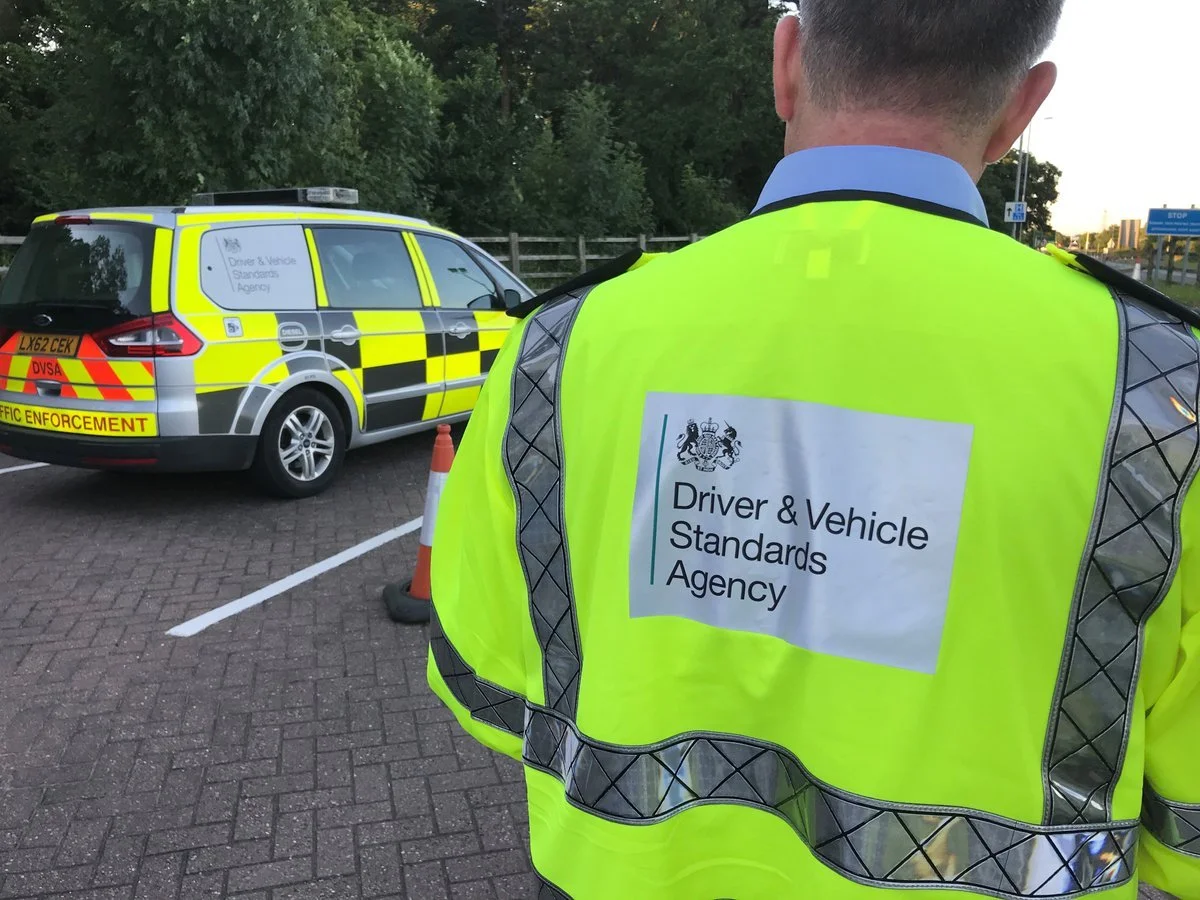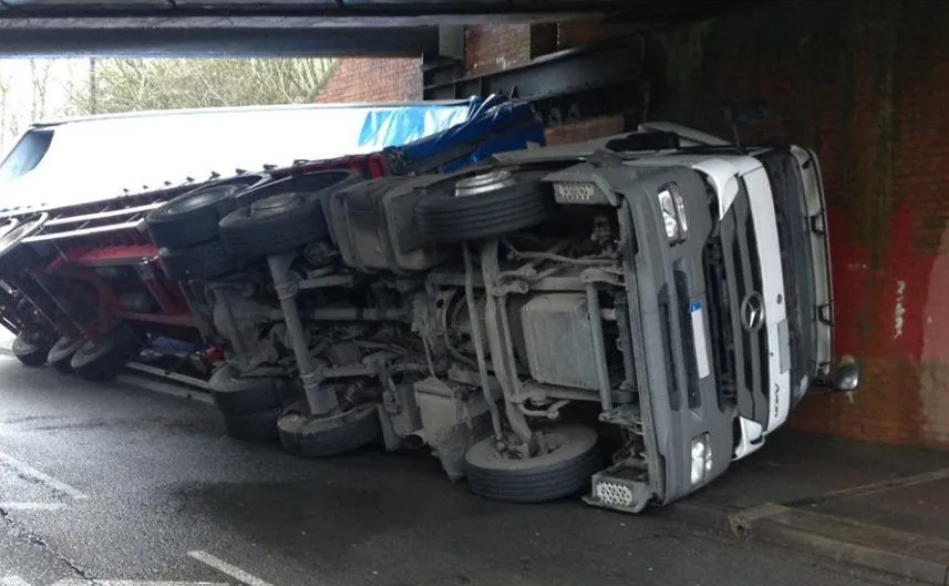
Common Mistakes New HGV Operators Make (And How to Avoid Them)
In this post, we'll explore the top five mistakes new operators make, why they happen, and how you can avoid falling into the same traps. If you're starting out or still finding your feet, this guide is essential reading.a disaster.

Effective Driver Inductions: What Every New Driver Should Know
Bringing a new HGV driver into your fleet isn't just about handing over the keys and a route plan. A thorough and well-structured driver induction sets the tone for safety, compliance, and professionalism, and ensures your drivers understand what's expected from day one.

Fleet Audit Checklist: Are You Inspection Ready
For any HGV operator, the words "DVSA inspection" can strike fear, especially if you're unsure how compliant your fleet truly is. But the good news? With a proper audit process in place, surprise inspections don't need to be a disaster.

Outsourcing Transport Compliance: When and Why It Makes Sense
For many HGV operators in the UK, compliance is a necessary but time-consuming part of running a transport business. From maintenance schedules and drivers' hours to licence checks and defect reporting, the responsibilities are wide-ranging and legally critical.

Real-Life DVSA Encounter: Lessons Learned from a Roadside Stop.
A DVSA roadside stop can strike fear into even the most seasoned HGV operator. But the reality is, with the proper preparation, a DVSA encounter doesn't have to be a nightmare; in fact, it can be a valuable reminder of the importance of compliance and best practice.

Why Proper Tachograph Management Matters
Tachographs are "not a bureaucratic imposition", to quote Nick Denton, former Traffic Commissioner for the West Midlands; they are far more than just regulatory devices; they are a vital component in ensuring road safety, driver wellbeing, accurate scheduling, and operational efficiency. For fleet operators, tachograph management is not just a box-ticking exercise; it's a safeguard against both safety risks and serious legal and financial repercussions.


Mental Health on the Road: Supporting Your HGV Drivers
Driving a heavy goods vehicle may seem like a solitary job — but behind the wheel, thousands of drivers face challenges that go far beyond logistics. Long hours, isolation, pressure to meet deadlines, and disrupted sleep can all take a toll on mental wellbeing.
How the Future of Net Zero Is Shaping HGV Fleet Regulations
Explore how the UK's net zero strategy is driving new HGV fleet regulations. Learn what operators must do to stay compliant and future-ready.

Reducing Fuel Costs: Top Tips for HGV Fleet Operators
Fuel is one of the largest ongoing expenses in any haulage business. With prices fluctuating and environmental regulations tightening, UK HGV operators are under more pressure than ever to control their fuel consumption — without compromising on performance or compliance.

Vehicle Maintenance Planning: Strategies for Staying Ahead
For HGV operators, keeping vehicles safe and roadworthy isn't just good practice — it's a legal obligation. Yet, with tight schedules and growing pressures on fleets, maintenance can sometimes fall into a reactive pattern, where issues are only addressed once something goes wrong.

Best Practices for Managing Tachograph Data & Drivers’ Hours
Managing drivers’ hours and tachograph data is one of the most critical responsibilities for HGV operators. Failure to comply with the rules not only risks fines and prohibitions but can also result in reputational damage and operator licence restrictions.

Creating a Safety-First Culture in HGV Operations
Safety is the cornerstone of every successful HGV operation. Yet, for many operators, safety can feel like a checklist item — something managed through paperwork and policies. In reality, safety must be much more than compliance. It must be ingrained into every aspect of your business, from leadership and logistics to driver behaviour and depot culture.

Top 10 Common Compliance Failures Found in DVSA Inspections
Every HGV operator knows that DVSA inspections are a crucial part of maintaining road safety and compliance standards — but that doesn’t make them any less stressful. Whether at the roadside or during a site visit, a DVSA inspection can uncover critical failings that not only lead to hefty penalties but can also damage your operator reputation and licence.


Updated DVSA Guide: Key Brake Testing and Inspection Requirements in 2025
The latest Guide to Maintaining Roadworthiness brings big changes—brake testing is now required at every inspection, and older vehicles and trailers (12+ years) must be on a six-week inspection schedule.




DVSA Releases Key Changes to HGV MOT Inspection Manual
The DVSA released a comprehensive update to the HGV Inspection Manual, with changes coming into effect from 1st April 2025. These revisions introduce greater clarity and more robust testing standards, with key updates across multiple sections of the manual.
